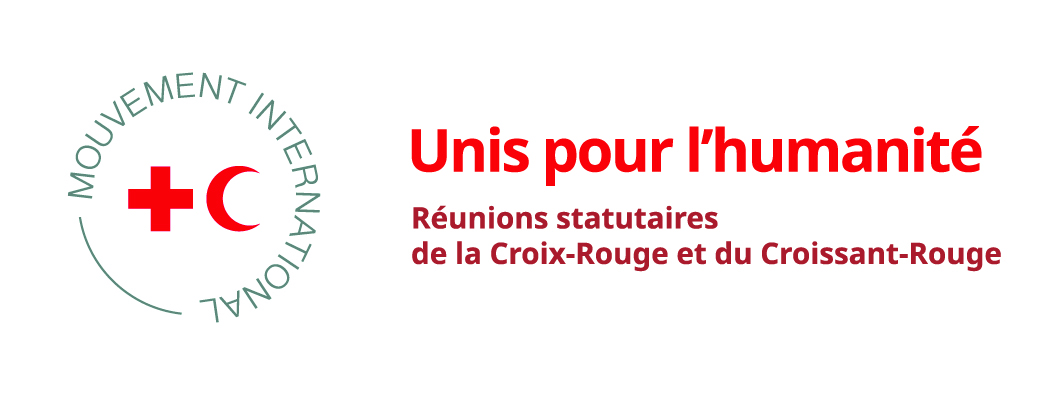A) Objectifs de l’engagement
National Societies and partners involved in the development of this pledge: Albanian Red Cross, Austrian Red Cross, Netherlands Red Cross, Red Crescent Society of Kyrgyzstan, Red Cross Red Crescent Climate Centre, IFRC Europe Regional Office.
From a space of deep concern, stemming from the rapidly growing humanitarian needs that we are witnessing due to the climate crisis, the National Societies in Europe and Central Asia as well as the IFRC and partners, have committed to scaling-up climate action through the implementation of the Regional Climate Action Roadmap 2025.
Vulnerabilities and exposures to climate risks are increasing at an extraordinary pace – a historical pace – and they are exceeding the humanitarian emergency resources that are needed to respond to disasters. More frequent and intense extreme weather events, such as heatwaves, floods, droughts and forest fires are increasingly disrupting the lives of the communities we serve. With this pledge we seek to further amplify the action and ambitions in the Europe region.
Based on the Regional Climate Action Roadmap 2025 and the Tbilisi Commitments from the Europe Regional Conference of RC/RC Societies in 2022, the signatories to this pledge commit to undertake the following actions before the 35th International Conference of the Red Cross and Red Crescent Movement in 2028:
- (Policy and Leadership) National Societies sign the Climate and Environment Charter for Humanitarian Organizations.
- (Policy and Leadership) National Societies set their own Climate and Environment Charter targets until the next International Conference.
- (Policy and Leadership) Take leadership and address the climate crisis with urgency and at scale, by creating public awareness through adaptive programming and community engagement, and fully integrating considerations of climate protection into strategies and agendas.
- (Accountability) National Societies report on activities taken to address climate risks through the federation-wide databank and reporting system (FDRS).
- (Systems, processes and tools) National Societies commit to the integration of climate and environmental risks into existing programmes and operations towards the end of the Roadmap for Climate Action 2025.
- (Partnerships) Enhance and establish new partnerships and engage in climate-related policy dialogues and planning at national, local and international levels.
- (Systems, processes and tools) National Societies measure and reduce the greenhouse gas emissions from National Society activities, with continued yearly decrease.
B) Plan d’action
- Mobilize and grow urgent attention for climate and environmental action (e.g. conducting climate risk assessments, implementing climate adaptation strategies)
- Share good practices on specific fundraising models and strategies for climate action as a key enabler to increasing action
- Take measures to become climate-smart and environmentally sustainable across all humanitarian sectors and the disaster risk management continuum (green response, carbon footprint reduction)
- Facilitate, advocate for or implement locally led adaptation at scale
- Pilot large-scale green initiatives or Nature based Solutions
- Support local and regional youth and volunteer-led initiatives
- Step up learning, capacity building and exchange among National Societies and other local actors, including research to support scaling-up of climate action
C) Indicateurs permettant de mesurer les avancées:
- Number of National Societies that, by 2028, have set their own Climate and Environment Charter targets, deliver and report against these by leveraging their auxiliary role and working in collaboration with other partners
- Numbers of people reached with activities to address the rising climate risks, monitored through National Society reporting in the Federation-wide databank and reporting system (FDRS)
- Numbers of people reached with heatwave risk reduction, preparedness or response, monitored through National Societies reporting in the FDRS
- By 2028, climate and environmental risks are factored into all IFRC network programmes and humanitarian operations.
- National Societies that measure and reduce the greenhouse gas emissions from the IFRC network’s activities year-on-year, with progressive ambition.
D) Ressources nécessaires:
Subject to each signatory’s action plan.



